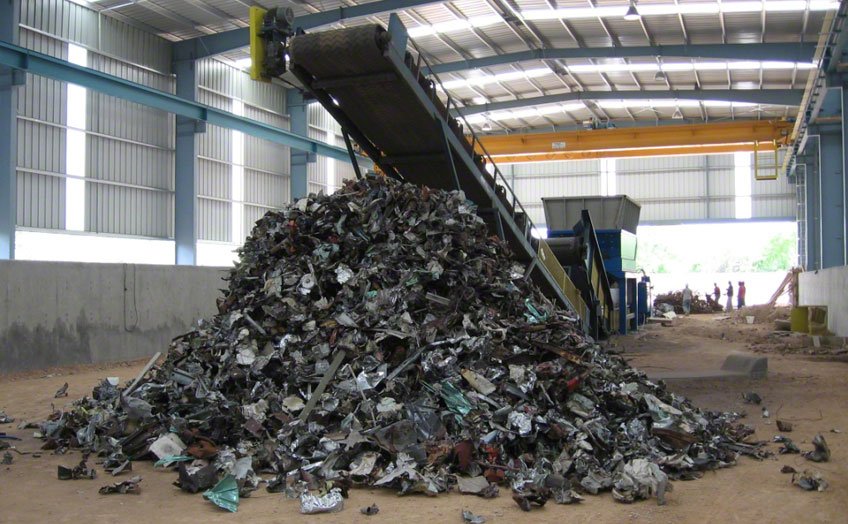There are many environmental challenges and finding sustainable solutions has become more important than ever. One often overlooked yet significant player in this arena is scrap metal Melbourne wide. This unassuming material holds the potential to contribute to a greener and more sustainable future.
In this blog post, we will delve into the various ways in which scrap metal holds environmental significance.
Reducing Resource Depletion
One of the key environmental benefits of recycling scrap metal lies in its potential to reduce resource depletion. Traditional metal extraction involves mining and refining, processes that consume vast amounts of energy and contribute to habitat destruction. Recycling scrap metal can decrease the demand for new raw materials, conserving precious resources and minimising the environmental impact associated with mining.
Energy Conservation
The recycling of scrap metal offers a remarkable opportunity for energy conservation. Extracting metals from their ores demands considerably more energy compared to processing recycled metal. By using scrap metal as a source of raw material, we can significantly cut down on energy consumption, leading to reduced greenhouse gas emissions and a lighter carbon footprint.
Emission Reduction
The process of mining and refining virgin metals releases a substantial amount of greenhouse gases and other pollutants into the atmosphere. In contrast, recycling scrap metal emits fewer pollutants and contributes to air quality improvement. By opting for recycling, we can play a part in curbing climate change and mitigating the adverse effects of air pollution.
Landfill Diversion
The improper disposal of scrap metal Melbourne can lead to landfill overcrowding and soil contamination. By encouraging the recycling of scrap metal, can divert this valuable material away from landfills, thereby reducing waste accumulation and preventing potential environmental hazards.
Water Conservation
Metal extraction from ores necessitates substantial water usage, leading to the depletion of freshwater resources. Embracing scrap metal recycling conserves water by reducing the demand for ore extraction and processing. This, in turn, contributes to water conservation and helps alleviate the strain on aquatic ecosystems.
Preserving Biodiversity
Mining operations often disrupt local ecosystems, displacing wildlife and altering habitats. Choosing recycled scrap metal over newly mined materials can help preserve biodiversity by minimising the ecological disturbances caused by resource extraction.
Promoting Circular Economy
The concept of a circular economy revolves around maximising the utility of products and materials while minimising waste. Scrap metal plays a pivotal role in this model by embodying the idea of continuous reuse and regeneration. Recycling scrap metal aligns perfectly with the principles of a circular economy, creating a sustainable loop that benefits both the environment and the economy.
Conclusion:
In an era where environmental sustainability is a top priority, it’s essential to recognise the role that scrap metal Melbourne plays in shaping a greener future. From reducing resource depletion and conserving energy to curbing emissions and promoting a circular economy, the environmental significance of scrap metal is undeniable.
By embracing the recycling of scrap metal, we can contribute to a more resilient and sustainable planet for generations to come. So, the next time you come across discarded metal, remember that it holds the potential to be more than just waste – it’s a valuable resource for a brighter and cleaner tomorrow.


